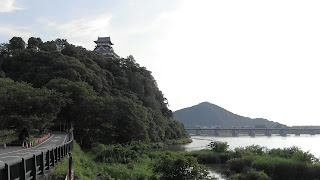COVID 19: Japan lifted the state of emergency
Japan restarts economic activities cautiously under “New normal” lifestyle
On May 25, the Japanese government finally has lifted the state of emergency for the entire country including Tokyo. Daily new infections have been trending down and the government decided to lift about 50 days long emergency.
The first step for “new normal” aiming to contain the virus while revitalize economic and social activities has been started. However, it will take long time until the economy returns to pre-outbreak level.
Japan’s economy needs long period of time to come back to life
The national statistics showed that Japanese economy has already been dented to unprecedented degree. The Cabinet Office announced on May 18 that the preliminary GDP forecast for January to March 2020 was minus 0.9% from the previous quarter, and minus 3.4% on an annualized basis at seasonally adjusted value in real terms excluding the effect of price changes. It was the second consecutive quarter of negative growth. Due to the spread of new coronavirus infections, exports, consumption, and capital investment fell sharply from around February.
Real GDP in FY 2019 also decreased by 0.1% from the previous year, the first yearly negative growth in five years. For the October-December period in 2019, immediately after the consumption tax hike to 10%, the real GDP was 7.3% lower than the previous year. Personal consumption, which accounts for more than half of GDP, decreased 0.7% YoY, marking the second consecutive quarter of negative growth.
Due to COVID-19, people refrained from going out and events have been cancelled causing consumption related to dining, traveling, and leisure to decrease sharply. Capital investment also fell by 0.5% for the second consecutive quarter. Concerns over the worsening outlook for the global economy have led to a move to postpone capital investment by companies.
In the period from April to June, GDP is expected to further deteriorate because governments ask people to stay home and close a wide range of businesses such as restaurants after the declaration of emergency. GDP in that period is forecasted to decrease more than 20% annually that will be the worst since the world war Ⅱ.




Comments
Post a Comment